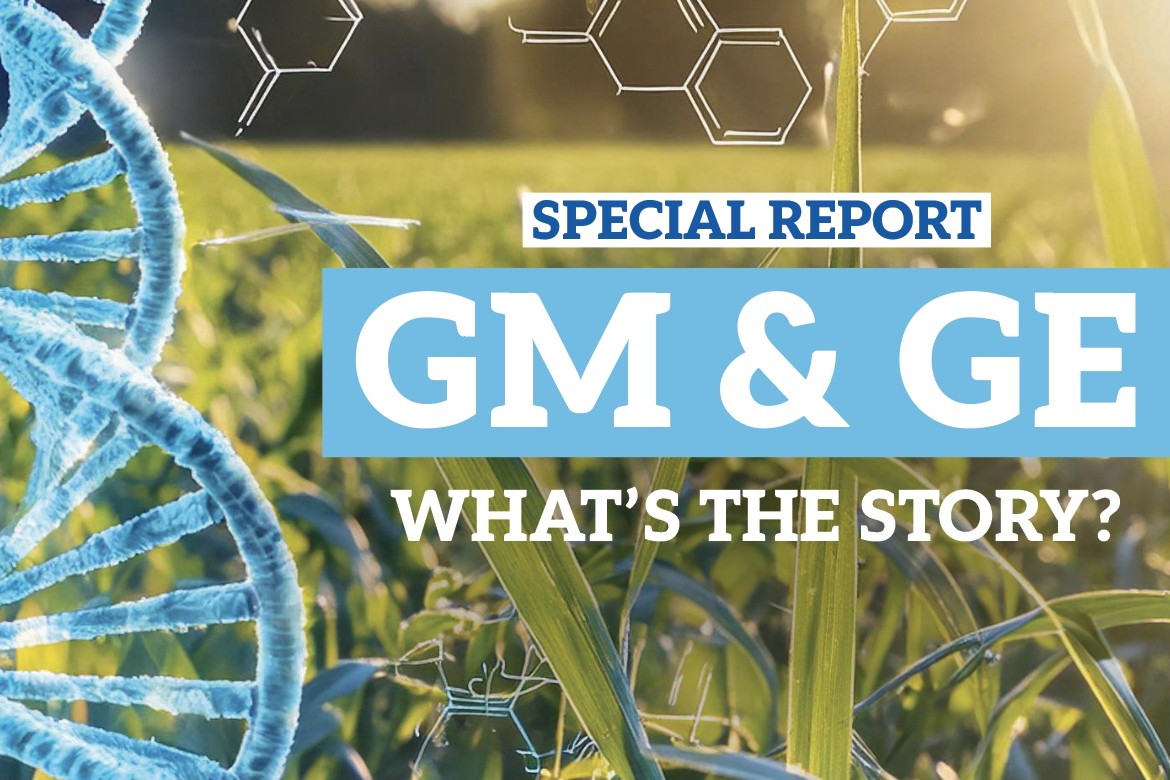Words by: Kim Robinson
Around 70 farmers and rural professionals braved the heavy rain and attended the Northland Dairy Development (NDDT) June field day at the Northland Agricultural Research Farm (NARF).
AgFirst consultant and NDDT Co-ordinator Kim Robinson presented the financial results from the 2019/20 season of the Dairying in a Variable Climate trial.
She gave an overview of the challenging season, detailing the impact of the wet spring and extended drought on both production and profit. The farm grew 2t DM/ha/yr less pasture than the long-term farm average. The drop was mostly between December and April. In late March 16mm of rain boosted kikuyu growth just in time to allow the herds to continue milking for an extra month.
All farms dropped production compared with the previous season. This drop ranged from 180kg MS/ha on the Pasture Only herd to 21kg MS/ha in the Palm Kernel Plus herd. Without the April kikuyu growth milk production may have been significantly lower, particularly on the Pasture Only farm.
Tools used to cope with the feed shortages were discussed, including the use of once-a-day milking for four weeks in the spring when the Pasture Only herd ran out of silage during a wet September. Despite the difficult month the Pasture Only herd bounced back and there were no significant effects in mating performance.
The challenge of managing the Fat Evaluation Index (FEI) was discussed on the Palm Kernel Only herd. Half of the herd had to be dried off in March in order to provide enough pasture for the remaining milkers to remain under the FEI grading level. Managing feeding for FEI levels created significant stress and was reflected in the farm manager’s worry scores.
Financial results were then presented. The alarming figure was that, despite the high milk price, profit on all farms dropped $600-$1200 per hectare compared with the previous season.
For the first time in the trial the Palm Kernel Plus herd was the most profitable. The extra milk on the two palm kernel farms was produced at a marginal cost of $6.27-$6.54/kg MS, so at the milk price of $7.20/kg MS these farms were more profitable than the Pasture Only farm.
If the milk price had been $6.00/kg MS the Pasture Only farm would have been the most profitable. This showed that, despite the drought, supplement use must be weighed up against the expected milk price. Palm kernel had been purchased at $300/t and Distillers Dried Grains at $560/t excluding delivery costs.
Sensitivity analysis was carried out on palm kernel price and milk response to supplement. This showed that profit was more sensitive to response rate than palm kernel price. A rise in palm kernel price of $100/t dropped profit by $340-$380 per hectare, but a relatively small drop in milk response to palm kernel from 100g to 80g MS per kg DM dropped profit by $400 – $500 per hectare.
Poor milk responses can quickly strip away profits from feeding supplements. NARF consistently achieves higher responses (100g MS/kg DM) than the industry average (70-80g MS/kg DM). This is from having simple feeding decision rules based on pasture residuals. Supplements are not fed to support production levels.
- Detailed results are available on www.nddt.nz or email info@nddt.nz
- Kim Robinson is a Whangarei-based agribusiness consultant and Northland Dairy Development Trust Coordinator.





